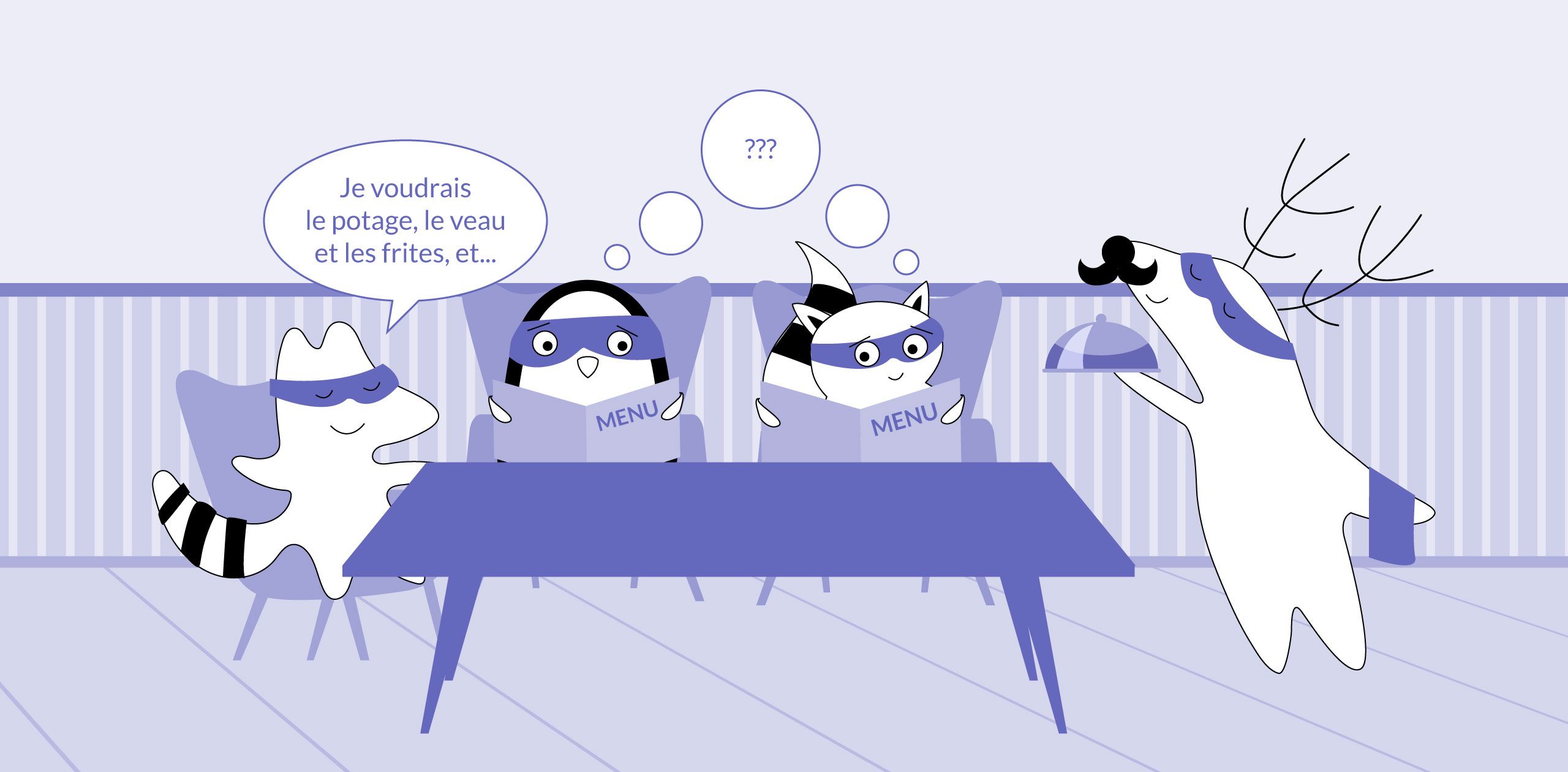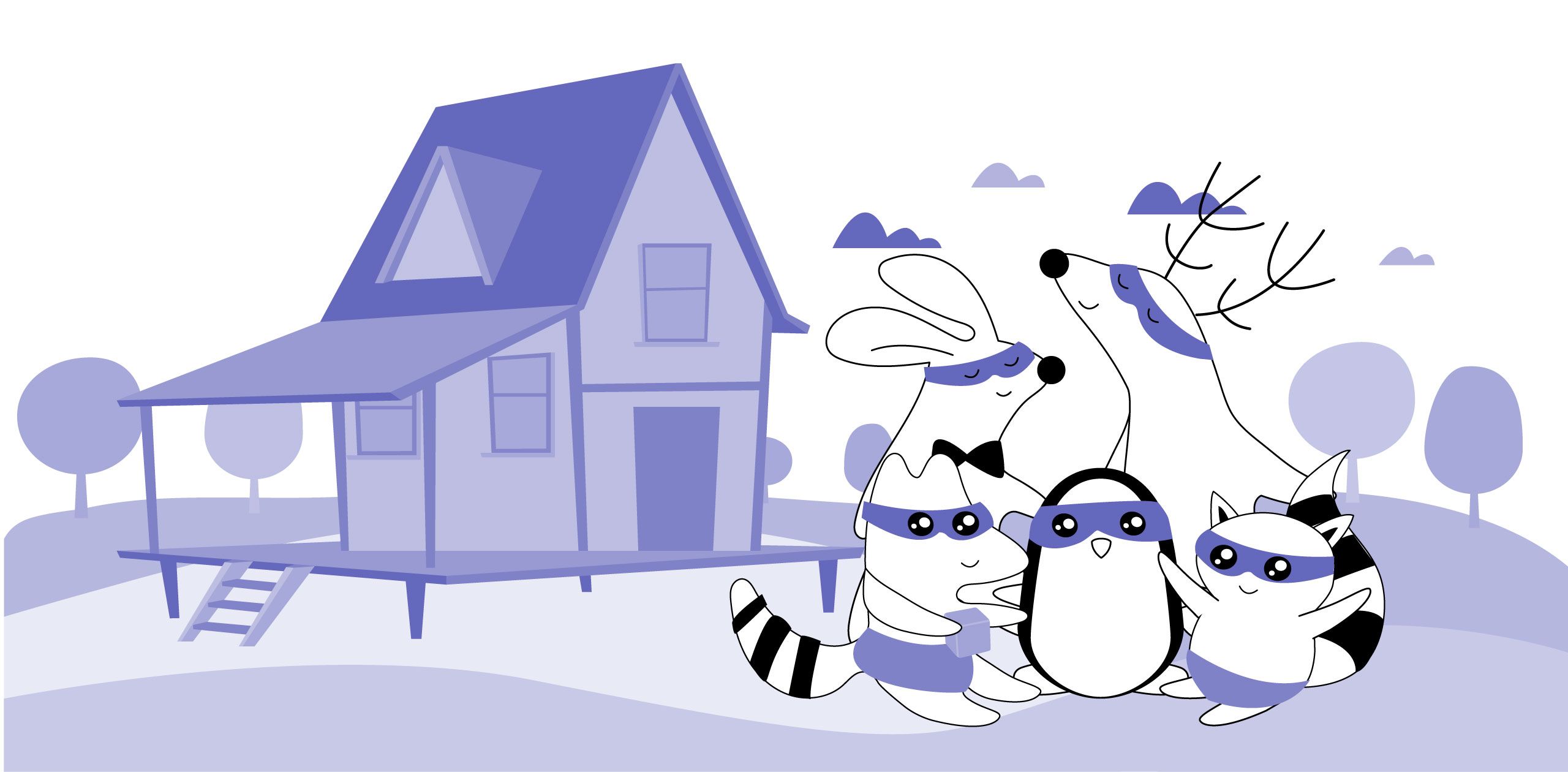
The family is an integral part of French culture. A person's family can include relatives such as grandparents, siblings, and cousins, as well as other people - step-sisters, parents-in-law, and many more. Family members often share a strong emotional connection and social bonds which are often based on mutual affection and care.
This article will provide you with new words related to la famille that you can learn to better understand the topic and expand your French vocabulary. We will also share with you the family traditions in French as well as tell you more about the way French families function.
By the end of this article, you should have a good understanding of the French concept of family and how it differs from other cultures. This can help you get to know French culture better as well as communicate with the French native speakers without making mistakes or offending someone accidentally.
Now, let's dive right in - and learn everything you need about the French family vocabulary.
Family in French: Key Vocabulary
La famille - French for “family” - refers not only to the immediate family - parents and their children - but also other relatives, such as grandparents, aunts, uncles, and cousins.
Here is the important French vocabulary related to la famille that you should know:
les membres de la famille – family members
Native
Translation
le père
father
le papa
dad/daddy
la mère
mother
maman
mum (mommy)
les parents
parents
les enfants
children
le fils
son
la fille
daughter
le frère
brother
la sœur
sister
le mari
husband
la femme
wife
la famille élargie – extended family
Native
Translation
l’oncle
uncle
la tante
aunt
le neveu
nephew
la nièce
niece
le cousin / la cousine
cousin (m/f)
les grands-parents
grandparents
le grand-père
grandfather
la grand-mère
grandmother
les petits-enfants
grandchildren
le petit-fils
grandson
la petite-fille
granddaughter
le cousin germain / la cousine germaine
first cousin
le cousin issu de germain / la cousine issue de germaine
second cousin
la belle-famille – family-in-law/stepfamily
Native
Translation
le beau-fils
son-in-law or stepson
la belle-fille
daughter-in-law or stepdaughter
le beau-père
father-in-law or stepfather
la belle-mère
mother-in-law or stepmother
le demi-frère
half-brother or stepbrother
la demi-soeur
half-sister or stepsister
le beau-frère
brother-in-law
la belle-soeur
sister-in-law
beaux-parents
in-laws
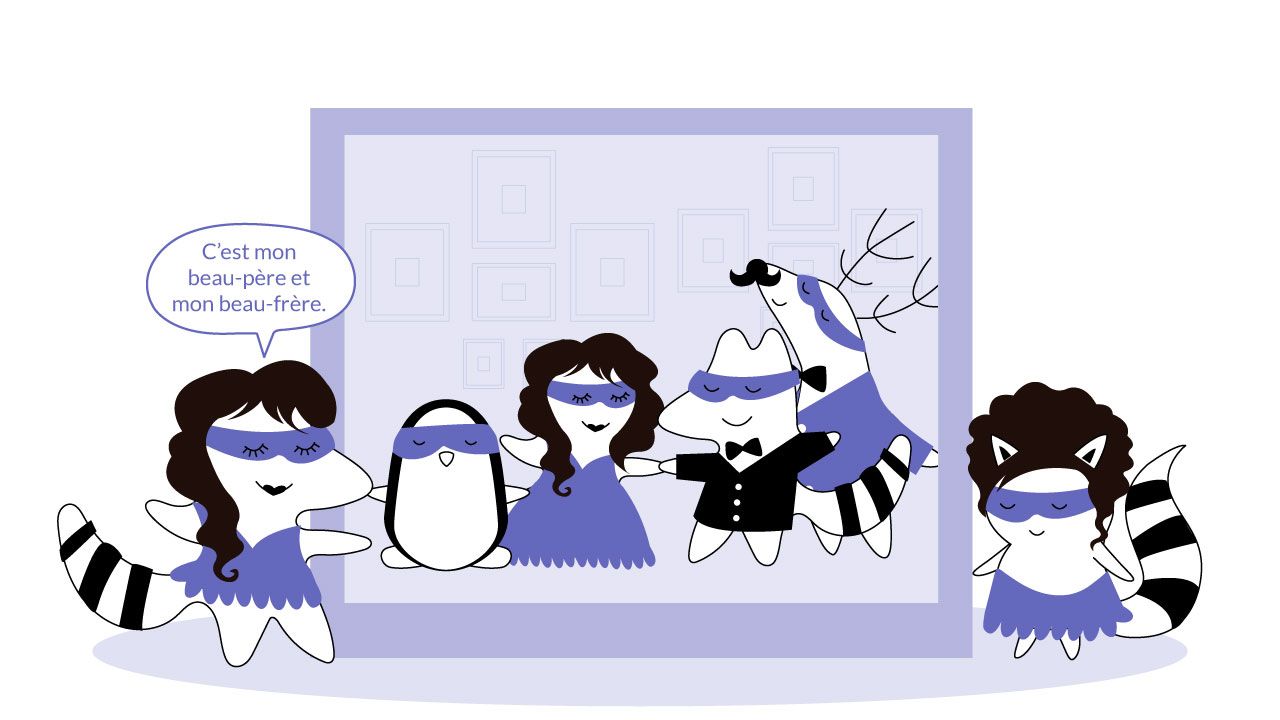
famille adoptive – adoptive family
Native
Translation
père adoptif
adoptive father
mère adoptive
adoptive mother
fils adoptif
adopted son
fille adoptive
adopted daughter
père biologique
biological father
mère biologique
biological mother
famille nourricière / famille d’accueil – foster family
Native
Translation
père nourricier / d’accueil
foster father
mère nourricière / d’accueil
foster mother
enfant placé dans une famille
foster child
other important family-related vocabulary:
Native
Translation
la famille recomposée
blended family
la famille monoparentale
single-parent family
les membres de la famille
family members
parrain
godfather
marraine
godmother
filleul
godson
filleule
goddaughter
l’aîné / l’aînée
the eldest (m/f)
le cadet / la cadette
younger (m/f)
le benjamin / la benjamine
the youngest (m/f)
les jumeaux / les jumelles
twins (m/f)
les triplés / les triplées
triplets
les arrière-grands-parents
great grandparents
les arrière-petits-enfants
great grandchildren
les proches
relatives
Family-Related Expressions in French
There are many different French expressions that are related to the French family vocabulary. Here are a few of the most common ones:
- Un air de famille – family likeness/family resemblance.
- Laver son linge sale en famille – to settle conflicts in private (literally translates to “wash your dirty laundry within the family”).
- Faire partie de la famille – to be a part of the family.
- S'entendre comme larrons en foire avec sa famille – to have an easy relationship/to get along with one's family.
- Il ne faut pas pousser mémé dans les orties / Faut pas pousser mémé dans les orties – Don’t push it or don’t exaggerate it (lit. Don’t push granny into the stinging nettles).
- Un oncle d’Amérique – a rich country from your family who moved abroad a long time ago (lit. an uncle from America).
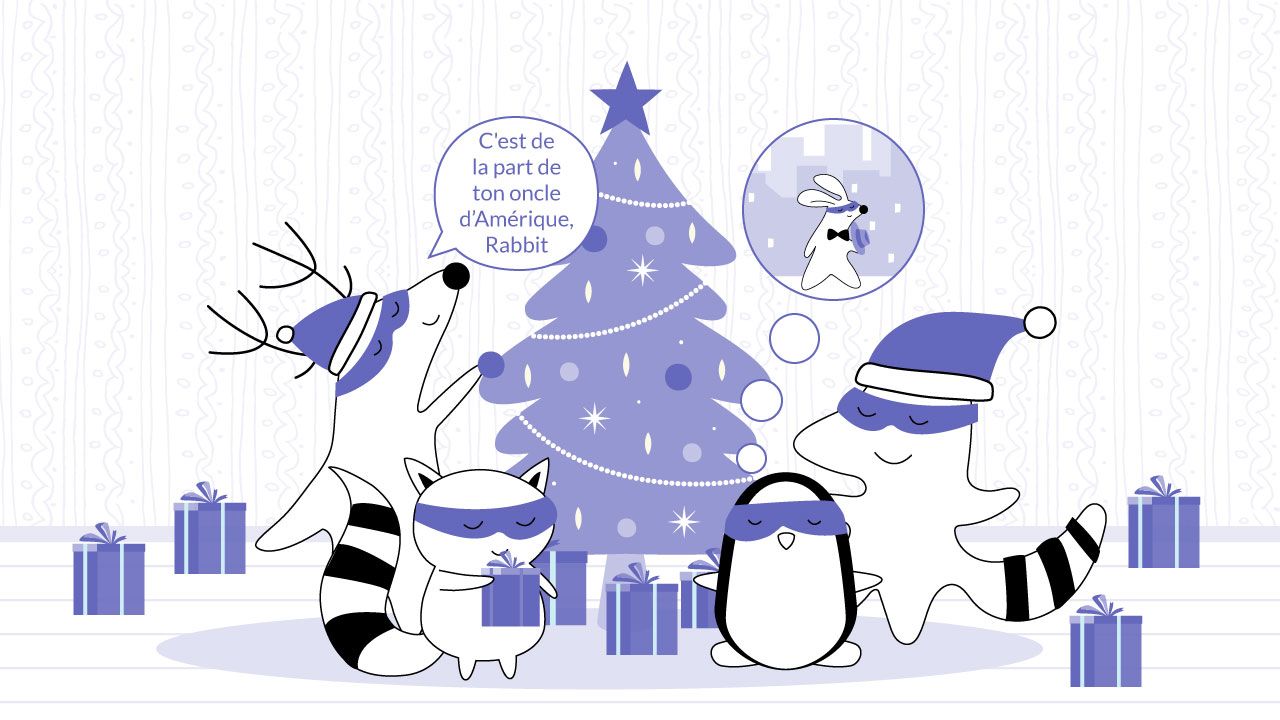
- C’est de famille! – It runs in the family!
Family in the French Culture
The family traditions in France date back to the 19th century. In those times, there was a clear separation of roles among members of French families - male leadership and female submission. The family unit used to be a true ensemble where each family member had a particular task and responsibility.
This changed with the French Revolution in 1789, as well as throughout the 20th century - from the World Wars to today's modern times.
Modern Families in France
Today, the traditional family structure is no longer as common as it once was. In fact, the stay-at-home mother is now a rarity. Families come in all shapes and sizes, and there is no "one size fits all" model for them.
Some families are made up of a mother and father with children, while others include a single parent, grandparents, stepfamily or siblings who live together.

One thing that remains the same, however, is the importance of family in French culture. Here, family relations are not limited to just the “nuclear family” – parents and their kids. Cousins often have close relationships, and extended family members are typically very supportive of one another - both emotionally and financially.
French Family Traditions
The French have a long and proud history of family traditions and many of these date back to the 19th century.
In today’s France, many children stay at home with their parents until they finish their education. Those who live independently still visit their close family - parents, and grandparents - during weekends. Celebrating holidays together is also common.
Family Holidays
One of the most important French family traditions is the celebration of Christmas. This holiday is considered to be a very important time for relatives to come together and spend time with one another. Christmas dinner is usually a big event, and family members often exchange gifts.
Another popular French family tradition is the celebration of la fête des mères (Mother's Day). This holiday is celebrated each year on the last Sunday in May, and it is a time for children to show their mothers how much they love and appreciate them. Families often go out for this day - for example, have a picnic in a park, go on a river cruise or have a day trip outside of the city.
Other French family holidays and traditions include:
- Celebrating the birth of children with les fêtes des naissances (birthday showers).
- Having le repas de famille (family meals).
- Inviting extended family over for dîner (to have dinner) on Sundays.
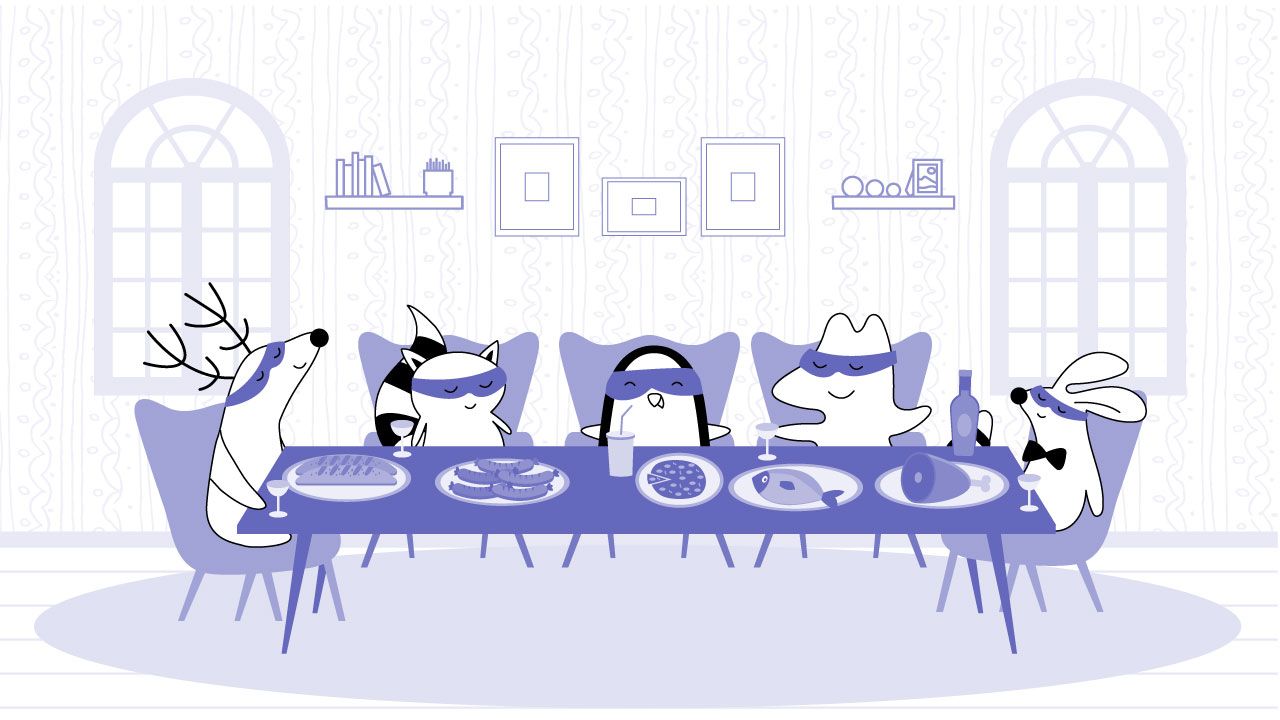
- Hosting grandes réunions familiales (large family gatherings) on special occasions such as anniversaries and weddings.
Summary
Now you should be familiar with all the important French family vocabulary, as well as the main traits of French family life. Of course, this is just a start - to get the hang of it and be able to use these French words and expressions actively and without thinking much, you should practice regularly - for example, with the Langster app.
Nevertheless, if you want to experience that French family culture, use French family vocabulary, and maybe even take part in the French family traditions, going to France is definitely the thing to do. There, you can make new friends, meet French people - and who knows, maybe one day you’ll be a dinner guest at their home?








